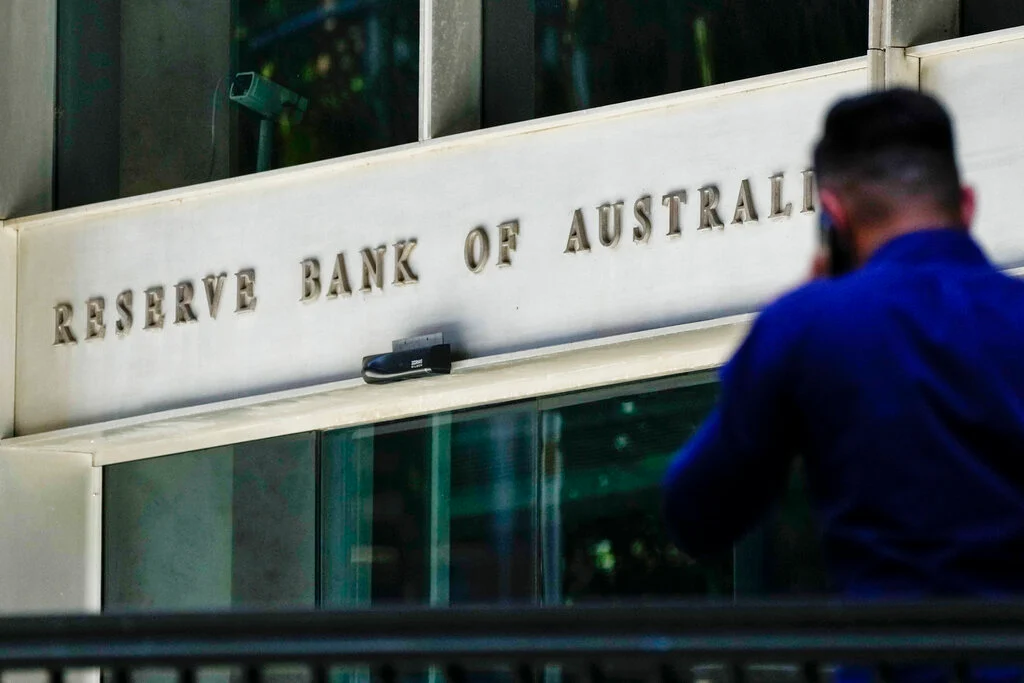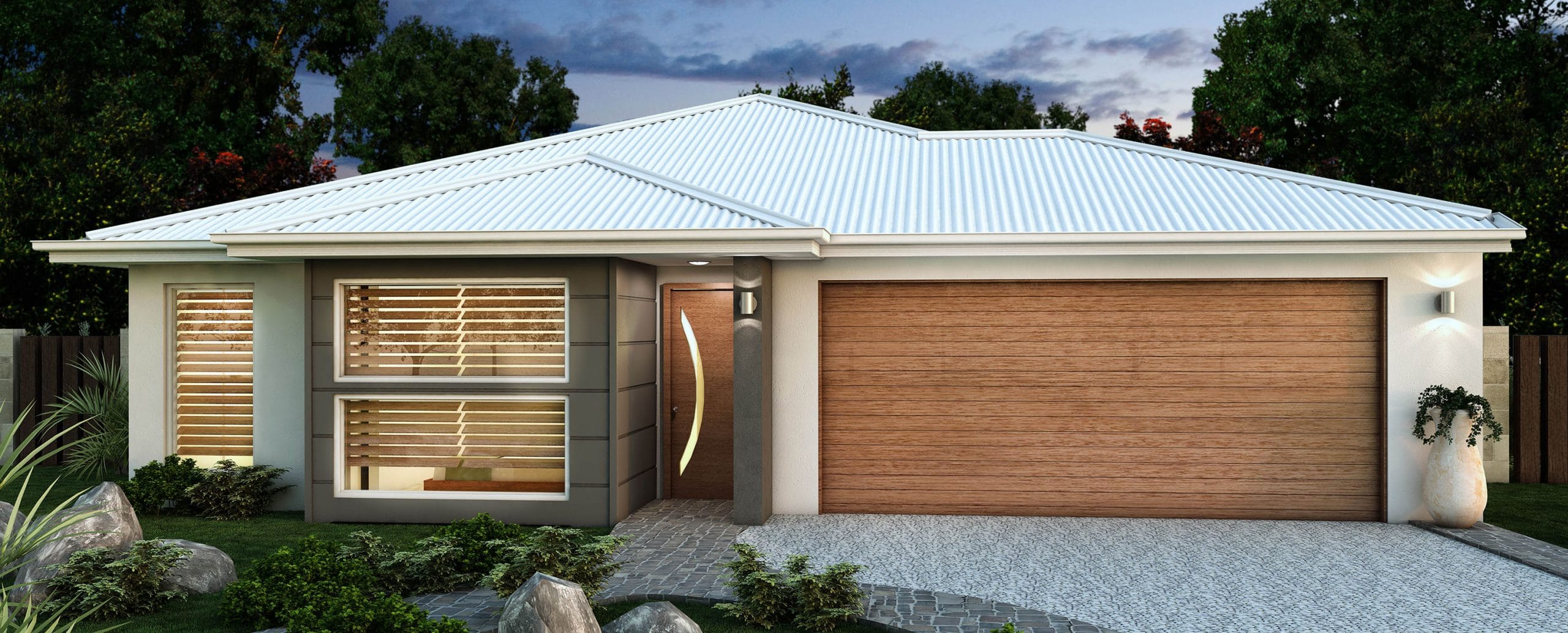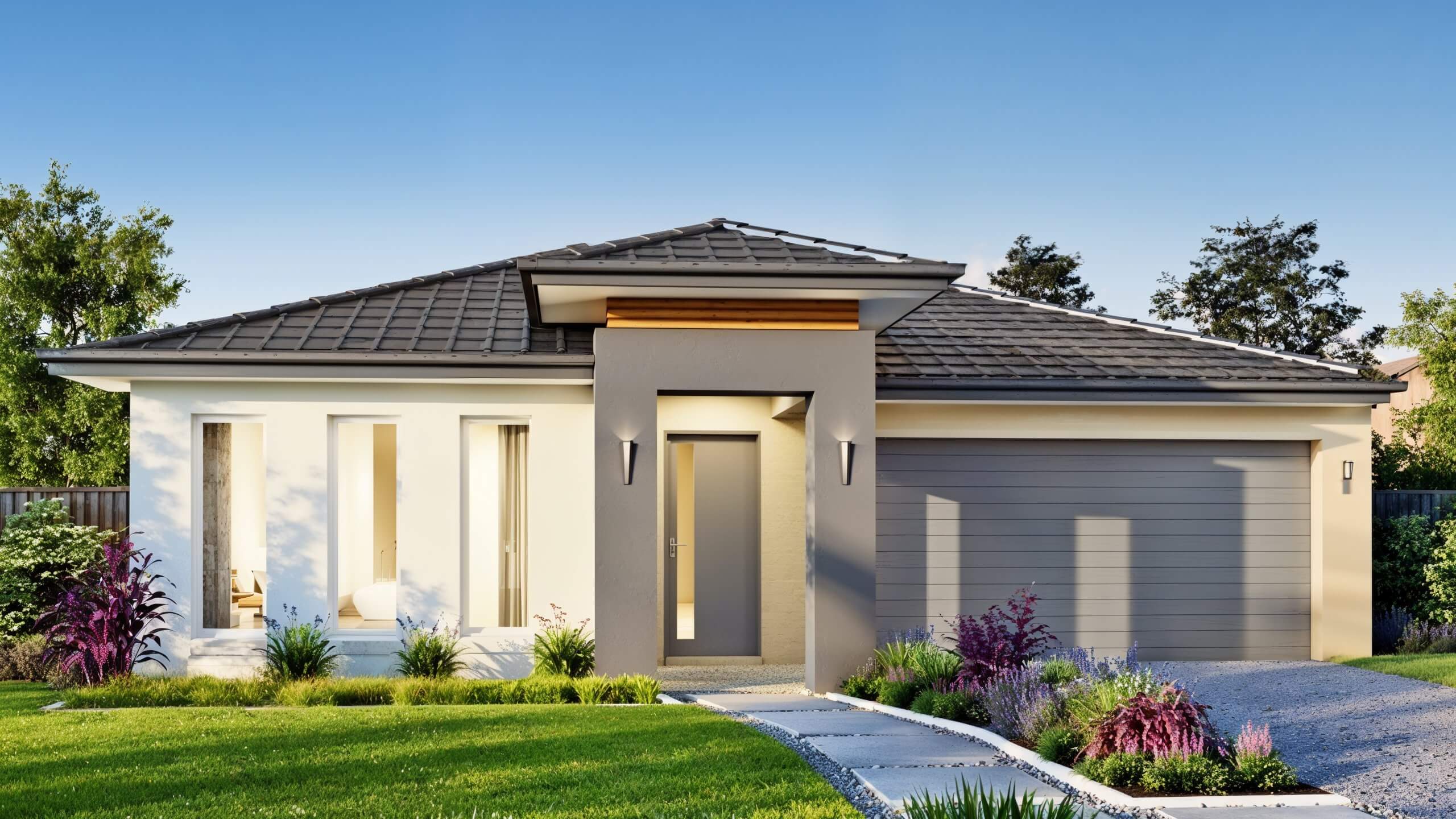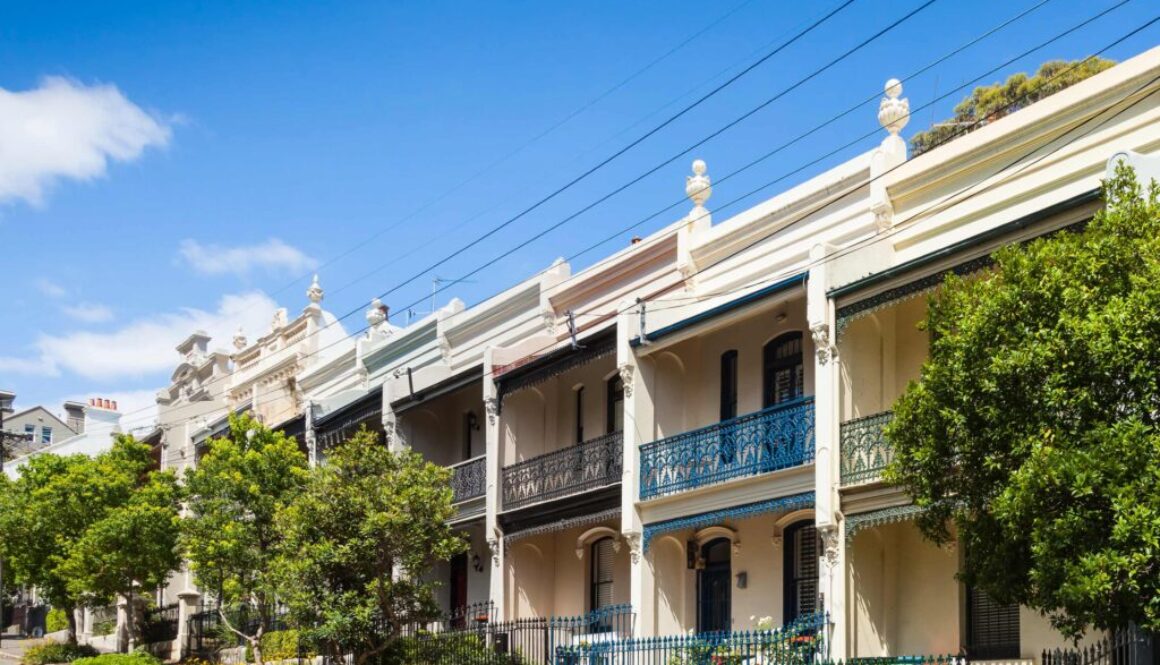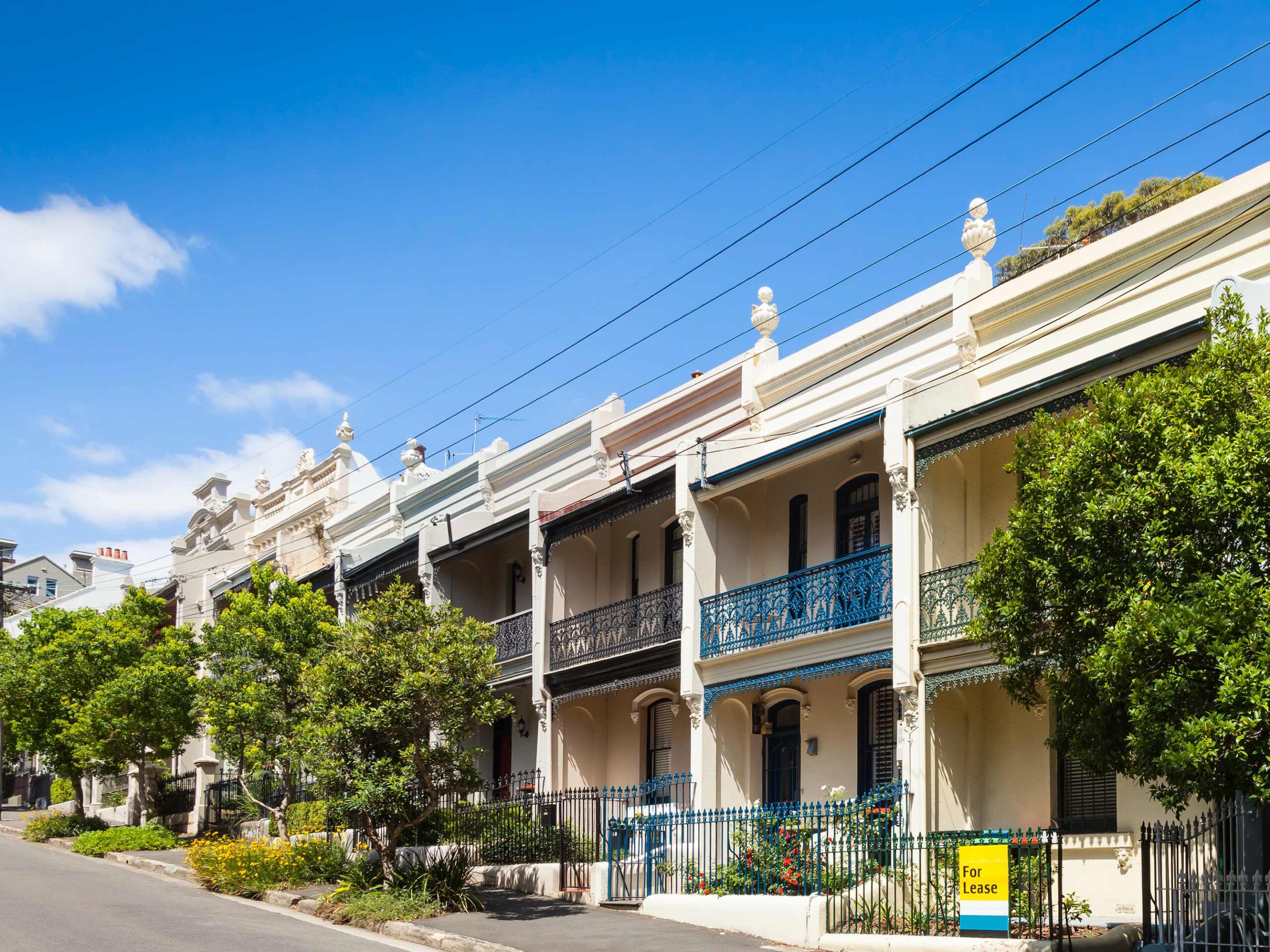Variable Rate Mortgages – Why Do I Need One?
NEWS & INSIGHTS | VARIABLE RATE MORTGAGES | PALM CAPITAL
Variable Rate Mortgages – Why Do I Need One?
Borrowers have been strongly encouraged to refinance in order to lock in a lower fixed rate by the current interest rate climate.
As a result of five consecutive base rate increases, lenders have been steadily increasing their rates, making the average 2 and 5-year fixed deals appear relatively high in comparison to variable options and prompting a discussion about whether borrowers should now consider a variable rate mortgage.
What are the differences between fixed and adjustable rate mortgages?
The biggest advantage of a mortgage with a fixed rate is the stability it provides. This can be done through both traditional lending methods, as well as private lending methods (private mortgages).
Mortgage payments are consistent each month throughout the term of the product, independent of changes in interest rates; nevertheless, early repayment is often subject to an early repayment fee.

Variable discount rates change as a function of the broader economy and financial markets.
Mortgages, both residential and buy-to-let, may have either a fixed or variable interest rate, but the conversation about each is distinct.
Whether you’re getting a home loan, there are a few reasons why you may choose to go with a fixed rate rather than a variable one
Many considerations go into deciding between a fixed-rate and a variable-rate mortgage for a home.
The major advantage of a variable rate mortgage over a fixed rate mortgage is that the borrower may be able to lower their overall mortgage payments if the rate stays low for a long length of time. However, because of the uncertainty associated with the rate’s potential movement, many borrowers would rather have a fixed monthly mortgage payment.
For those who are willing to commit to a longer period, certain mortgage lenders may reward you with special terms.
Some creditors stress at a lower rate and may provide more money if all borrowing is at a fixed rate of at least 5 years.
You should carefully consider the pros and cons of both fixed and adjustable mortgage rates before making your final choice. Your mortgage advisor will look at things like your down payment, credit history, and how much money you need to borrow. They are familiar with the lending landscape and can advise you on which lenders will provide you with the funds you need.
When are variable rate mortgages right to finance a buy-to-let property?
Possible rental revenue is taken into account when determining loan amounts in the BTL market.
In order to determine the maximum amount that may be borrowed, lenders conduct a stress test taking into account both fixed and variable interest rates.
Investors may leverage their rental revenue into bigger borrowing amounts if the lender uses a lower stress rate. Some lenders, however, make an exemption for limited liability corporations and low tax rate filers.
This means that the amount you need to borrow will have an impact on whether you go with a fixed- or variable-rate BTL mortgage, in addition to your desired rate, level of security, and degree of flexibility.
The choice between locking in a mortgage interest rate and taking your chances with an ever-changing market rate is not one to be made lightly.
Our consultants are available to assist landlords and those interested in becoming landlords with determining the maximum loan amount that can be obtained with either a variable or fixed rate mortgage for a buy-to-let investment property, taking into account the individual’s current financial situation. You may also use our mortgage calculators to get a better idea of how much money you’ll need to make monthly mortgage payments.
Today’s most competitive mortgage rates
Current residential variable rates look to be lower than fixed rates by about 0.5 percentage points. This disparity is somewhat higher in the buy-to-let market, although as was discussed above, a lower rate may actually result in less borrowing.
With these massive hikes, no mortgage lender wants to be seen as giving rates below the rest of the market, which might result in an influx of applications they may not be able to handle or may make them unprofitable.
How important is it to consider variable rates?
Mortgage rates might rise dramatically if the base rate rises more quickly than predicted, increasing the appeal of a fixed-rate offer. On the other hand, if inflation cools down during the following two years, some banks may decide to lower their interest rates. In this situation, locking into a 5-year fixed agreement before inflationary pressures subside might mean paying a higher rate than the tracker rate in years two or three.
The current market for variable rates does look to be very cheap, and if the discounted variable rate is much lower than a fixed rate arrangement and the early repayment penalties aren’t too high, it may be wise to go that route.
Anyone who is risk-averse should probably avoid selecting a variable interest rate. Although it’s possible that a variable rate may result in lower monthly payments, there’s also a chance that you’ll end up paying more for the loan in the long run if the rate stays high.
When it comes time to renew your mortgage or apply for a new one, our knowledgeable advisers can explain your choices and help you choose the best one for your unique situation, down payment, and monthly mortgage payments.
More articles:
Helpful resources.
Department of Finance
Australian Government
AFCA
Australian Financial Complaints Authority
Money Smart
Australian Government

